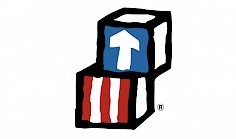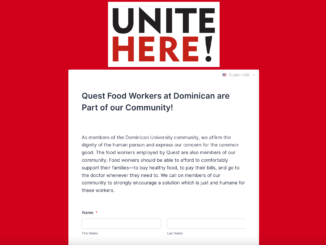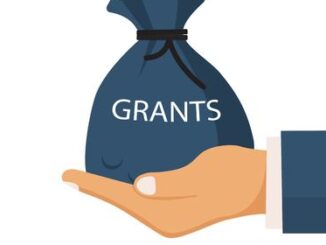
By Jennifer Lillie
Contributing Writer
Do you know what you’re putting into your body every day? That’s what the dieticians at Head Start hope to teach to those they serve through nutritional and health education initiatives. However, you don’t have to be experienced in dietetics or nutrition to volunteer for this organization.
The Head Start Program at Dominican University provides volunteers with an opportunity to further their cultural understanding, promote nutrition and health, and offer flexibility for the variety of interests and skills that students have on campus. Volunteering benefits everyone involved through promoting compassion, enriching education, and sharing hope. Volunteers gain new experiences through providing service and independent skills and/or collaboration with others to serve diverse populations of fellow Chicagoans, and those who they help obtain a newfound education and a hope for a healthy future amid adversity.
I interviewed Katie Chew, a registered dietician nutritionist (MS, RDN) at Head Start in Dominican University about volunteering at this organization on-campus. Chew provides insight into what it means to volunteer for Head Start and the variety of ways volunteers can help people in Chicago thrive.
Q: What is the mission of Head Start?
A: Head Start is a federally funded government program designed to provide nutrition services and other health services to people in low-income neighborhoods where health disparities arise. What I do, and what Head Start does, is address health issues for children in the age range of 0-5. The mission of Head Start is to promote equity through health and nutrition services, which is where Dominican University comes in.
Q: What communities does Head Start serve?
A: We serve all of Chicago, from Edgewater to Austin to downtown that has government funding. We can go into communities for compliance and provide them resources to stay healthy. We work a lot with bilingual communities to give culturally competent services that can help them the most.
Q: How does Head Start reach these communities?
A: We do several things. One of the most common things we do is visit the sites. We visit preschools and day cares that are provided through government services. I oversee these visits and give presentations about topics like how to eat healthy on a budget. We talk about food groups, how moving around can be fun, and training staff on the food handler training program in Illinois. We also provide role modeling training services, and we make sure that these organizations have enough education to stay open. We evaluate nutrition, taking note on anything outstanding, such as nutrition deficiencies, health, and nutrition concerns.
We then try to give the information and findings to the appropriate people. We provide services for them to thrive more in the community and to provide health equity.
Q: How is Head Start funded?
A: Head Start is funded through grant money allocated to the state, which provides it to local agencies (Chicago), providing Dominican University the ability to implement nutrition services all throughout Chicago. They provide grant money to places like Dominican University, which hires people that can implement services to the communities.
Q: How does Head Start partner with Dominican University?
A: Head Start partners with Dominican University through the federal grant money. This money is used to implement services to underfunded communities to people who need it the most.
Q: What are volunteers expected to do?
A: Being a government agency, we need as much help as we can get. One thing volunteers can do is help assemble materials and create new materials. Volunteers can also help with translating things to provide to the community. You could see your work, such as storybooks or songs, published throughout Chicago. We are very open to our volunteers who are passionate, giving them an outlet to be creative. If anybody wants to volunteer, they can come by Priory campus in room 256 from 9-3:30 every day.
Q: Are there any general stories you can provide of experiences for your volunteers or those you help?
A: One of the moments that stuck with me the most is when I was an intern at Dominican University. When I was an intern, I could speak a little bit of Chinese. I went to a site that was predominately Chinese speaking. I was a little nervous, but I could welcome them and give out food and materials. One young man was telling me nutrition concerns about his daughter. It helps to be understanding of the culture, developing repour, providing services, and troubleshooting concerns. That was one thing that I was very happy to be a part of. Currently, now, I work with that site. I am one of their dieticians. I feel more comfortable speaking Chinese, so I feel more comfortable understanding the menus. We always try to tailor our services to the site, honor that, and work with them the best way we can. I can communicate with the staff to review their menus and ensure that the children are getting good, healthy services.
Q: Is there anything else you would like to share about Head Start?
A: I encourage everybody to volunteer with the community. It’s very close to the school. You can learn more about what we do as an institution. We have a variety of opportunities. You can write a newsletter, research for us, find information for us, find reliable sources of information for our communities, or be into technology to design things for our program. We try to take in all interests to help these communities. The best part about volunteering at Head Start is that you can help these communities in Chicago.
To volunteer with Head Start at Dominican University send an email to headstart@dom.edu.
lilljenn@my.dom.edu



